
Green Darner Dragonfly Species Names: A Complete Guide
Discover the diverse Green darner dragonfly species Names in this comprehensive guide. Learn about Anax junius and its common names across North America.

Black Saddlebags Dragonfly Species Names: A Guide
Discover the fascinating world of black saddlebags dragonfly species names. Explore their unique characteristics and learn how to identify these stunning insects in the wild.

Eastern Pondhawk Dragonfly Species Names: A Guide
Discover the fascinating world of Eastern pondhawk dragonfly species Names. Learn about their identification, habitats, and behavior in this comprehensive guide.

Halloween Pennant Dragonfly Namesspecies: Colorful Flyer
Discover the fascinating Halloween pennant dragonfly Namesspecies, a vibrant insect that graces our skies. Learn about its unique features and habitats in this guide.
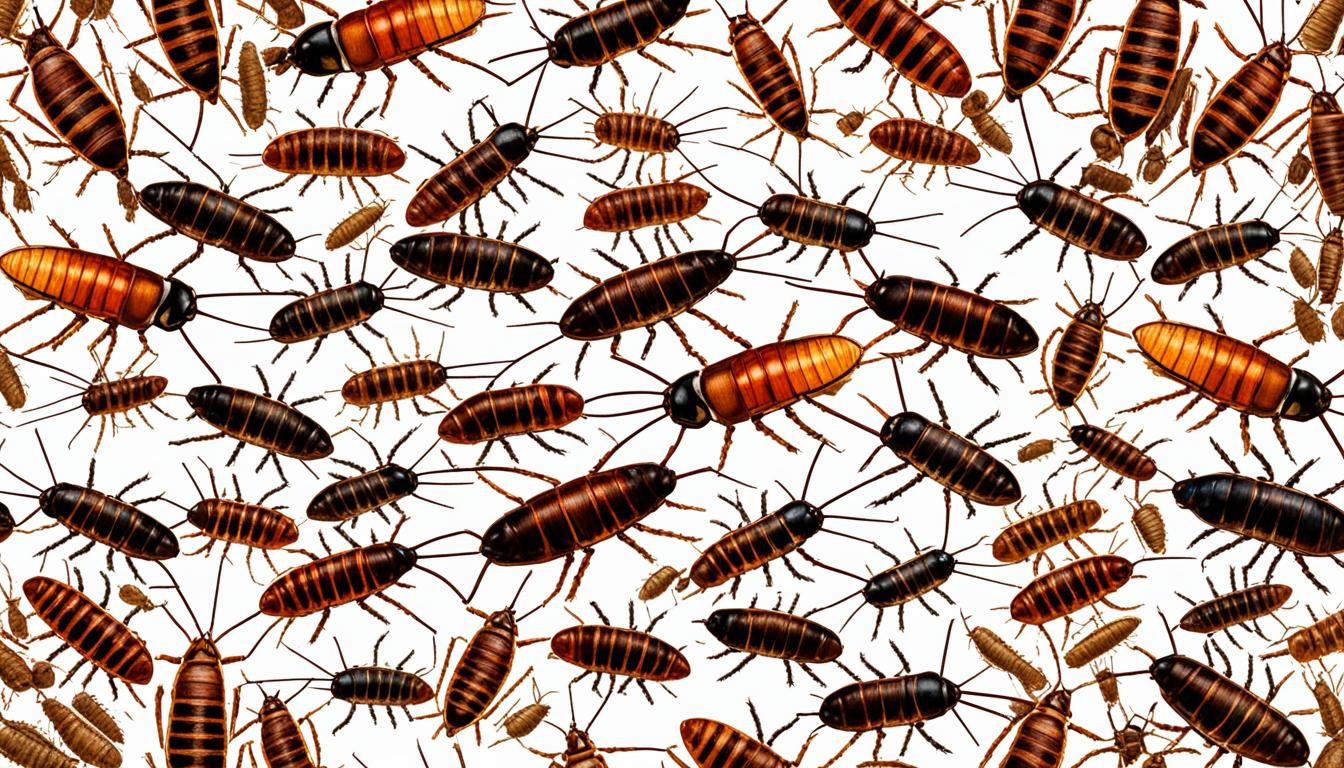
Australian Cockroach Species Names: Aussie Pests Revealed
Discover the diverse world of Australian cockroach species Names. Learn about native pests, bush cockroaches, and tropical varieties unique to the land down under.
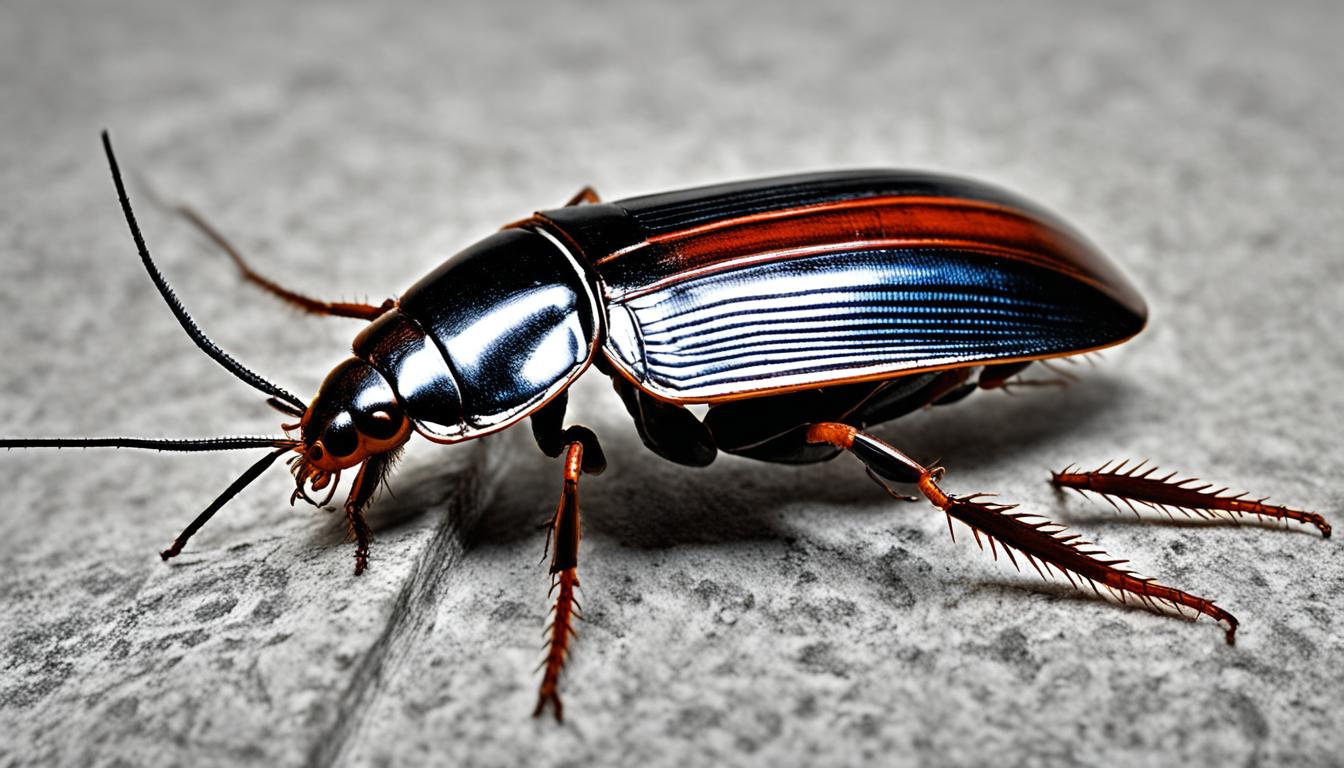
Oriental Cockroach Species Names: A Comprehensive Guide
Discover the various names for Oriental cockroaches, from Blatta orientalis to Waterbug. Learn about this common household pest and its many aliases in our guide.
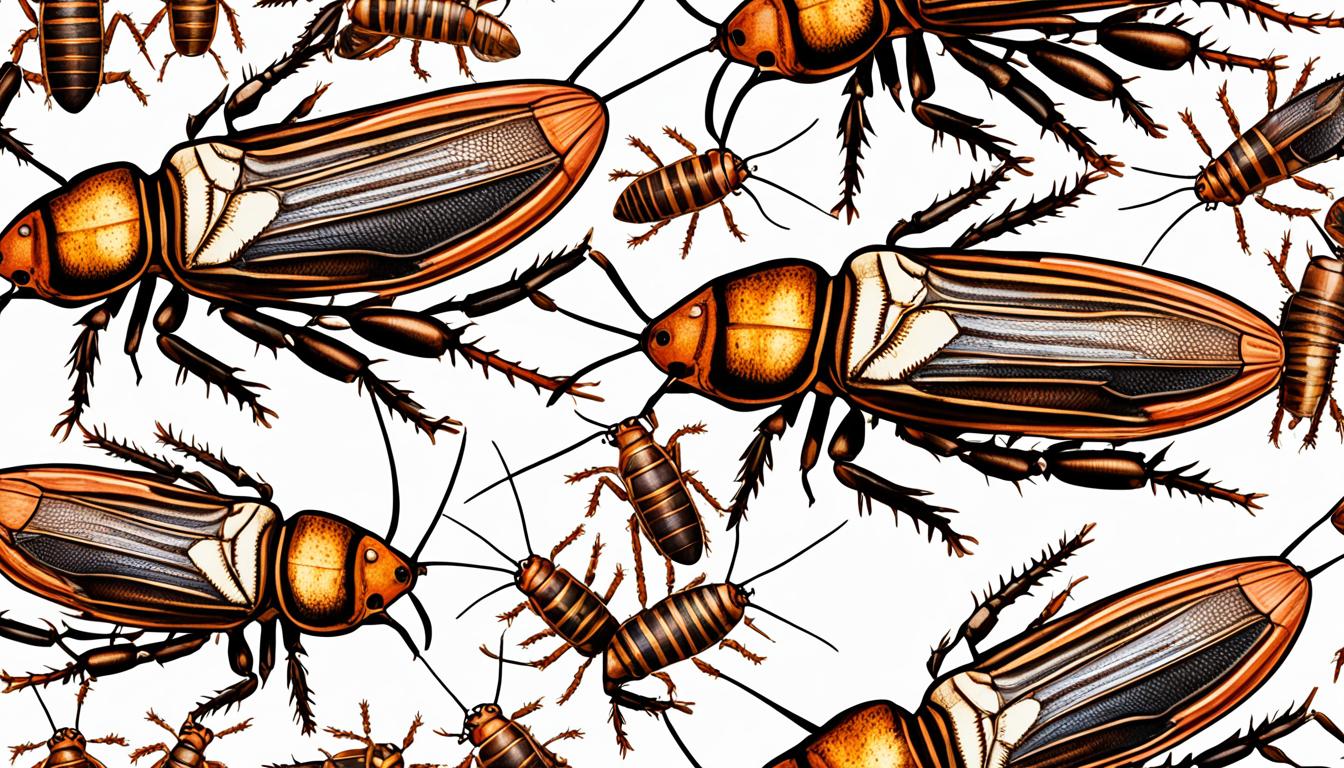
Brown-banded Cockroach Species Names: A Closer Look
Discover the diverse names and characteristics of brown-banded cockroach species. Learn how to identify these household pests and implement effective control measures.
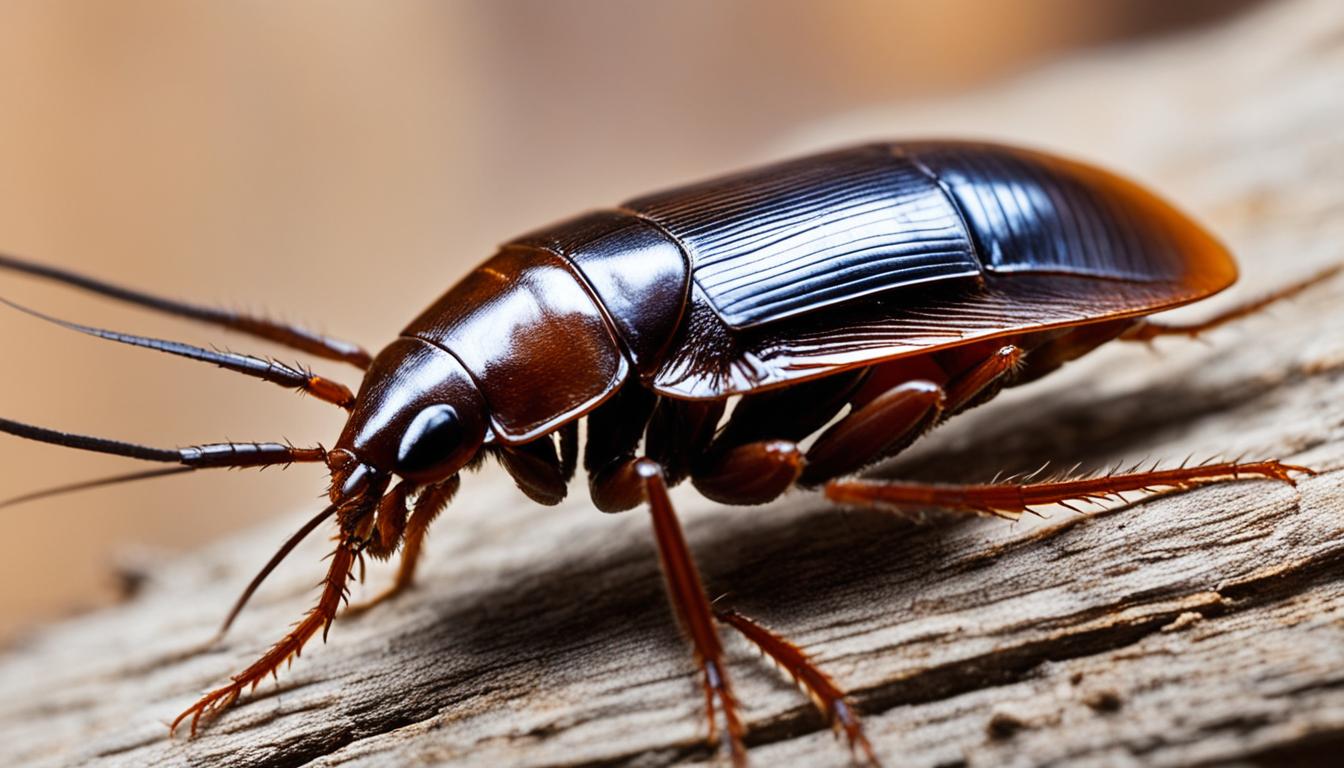
Smokybrown Cockroach Species Names: What to Know
Discover the key Smokybrown cockroach species Names and learn how to identify these common household pests. I’ll guide you through their characteristics and habitats.
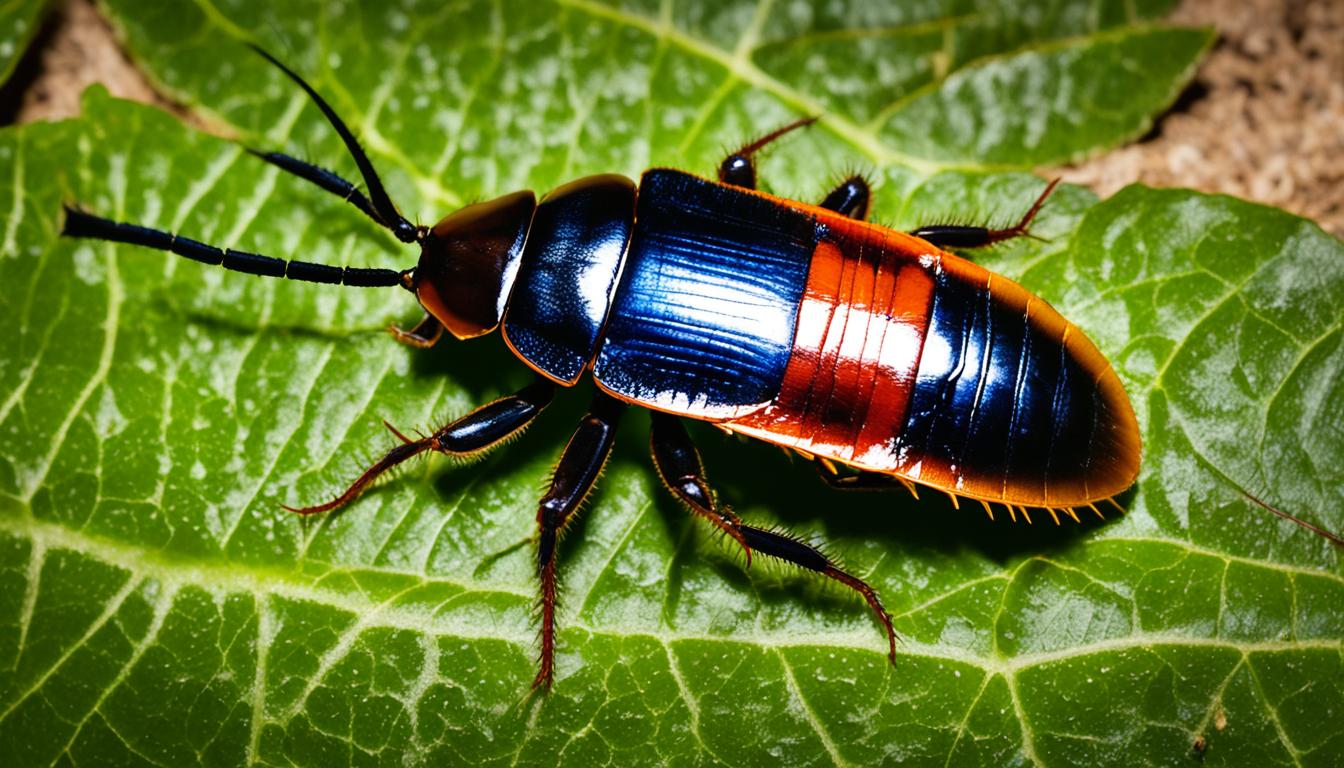
Madagascar Hissing Cockroach Species Names
Discover the diverse Madagascar hissing cockroach species Names and their unique characteristics. Learn about these fascinating insects and their role in ecosystems.
